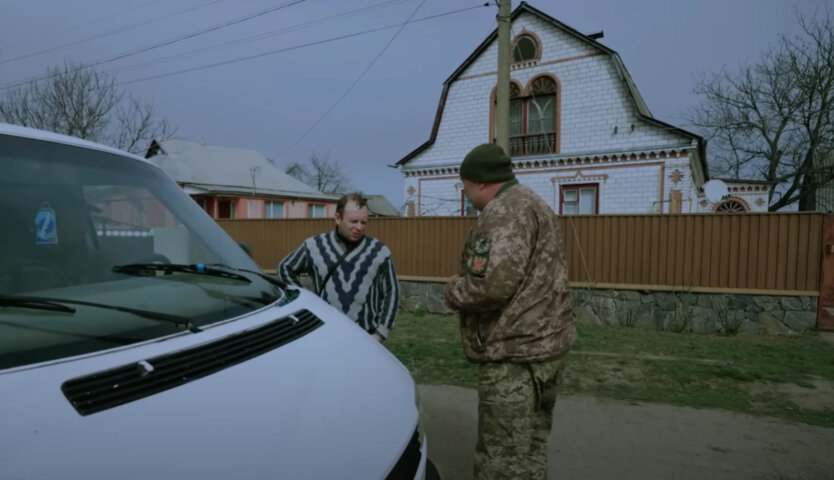In Ukraine, they want to "in absentia" fine and arrest the accounts of evaders: what rights the CCC will receive.


In the Verkhovna Rada, they plan to simplify the procedure for imposing fines and arresting the accounts of evaders.
According to the Judicial-Legal Newspaper, the Committee of the Verkhovna Rada on Law Enforcement Activities recommended adopting in the first reading bill 12093, which simplifies the mechanism for holding accountable those who evade military registration and the mobilization law.
The bill expands the range of situations where a fine can be imposed without a protocol. For example, when a summons is returned by the Territorial Recruitment Center with a mark of non-delivery or refusal.
"A protocol is not drawn up in case of administrative offenses committed during a special period, provided for by Articles 210, 210-1 of the Code of Administrative Offenses, the consideration of which is assigned to the competence of the Territorial Recruitment Center, if the person did not appear without valid reasons or did not inform the reason for not appearing upon the summons of the Territorial Recruitment Center, having been properly notified of the date, Time, and place of the summons, and if there are confirming documents in the Territorial Recruitment Center about the receipt of the summons by the person or the return of the summons with marks of non-delivery or refusal to receive"
Now, after the return of an undelivered summons, the Territorial Recruitment Center will be able to immediately impose a fine, without conducting a protocol. If the fine is not paid within 30 days, the decision on imposing an administrative penalty is transferred to the executor, who has the right to arrest the evader's accounts and take other necessary actions to enforce the penalty.
The law also provides that in cases under Articles 210 and 210-1, the registration information of the "Oberig" system will be used. Registration data from the "Oberig" register will become direct evidence of a violation.
However, there is a problem with the new procedure for working with excerpts from the register, as the old procedure is no longer valid. Courts will find it difficult to understand how exactly to work with excerpts from the "Oberig" register.
The law also establishes that cases can be considered at the place of the person's military registration or at the place of the violation.
If the fine is not paid within 30 days, the case is transferred to the executor. The executor receives the right to conduct the enforcement procedure, arrest the offender's accounts, and carry out other measures for fine collection.
Previously, we reported that the tax authority received new powers regarding the seizure of property.
Read also
- You won't find cheaper eggs — where to go for a bargain and what will happen to prices
- Ukraine needs to develop agricultural relations with India - Marchuk
- Cash Withdrawal Fees at PrivatBank - How Not to Overpay
- Dollar or Euro - What to Expect from the Exchange Rate and What is Better to Buy
- Oschadbank customers overpay for transactions - how to avoid it
- Moratorium on Business Inspections — Who Will Not Have It Lifted









